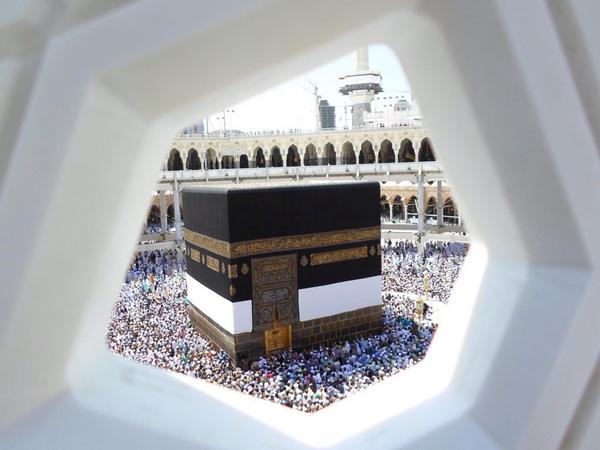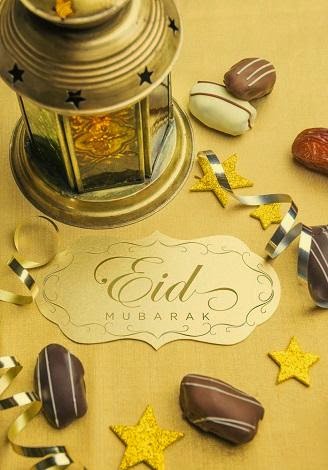Man charged with spitting at Muslim woman as she walked through Bristol’s Cabot Circus
Police have charged a 26-year-old man with spitting at a Muslim woman as she walked through Cabot Circus.
As previously reported, Hasina Khan was on her way to work when she was allegedly attacked at about 9am on July 21. Ms Khan said she had was spat on and verbally abused by a stranger who approached her as she walked through the shopping centre.
Avon and Somerset police arrested Jack Hughes, of Upton Road, Southville. He has now been charged with racially- or religiously-aggravated common assault and is due to appear before Bristol magistrates on November 13.
Any witnesses to the incident who have not yet come forward should call PC Hannah King on 101, quoting crime reference number 74214/14.

A Muslim woman was left shocked and in tears when she was verbally abused and spat at by a stranger ranting about the Middle East.
Hasina Khan, who was born in Bristol, was on her way to work when she was attacked by a man in Cabot Circus at about 9am on Monday. Saliva ended up on her hijab and her left hand.
The 36-year-old, who lives in Horfield, said: “I’ve experienced hostility and racism many times, from being called Paki in the street to having alcohol thrown at me.
“I remember during the 1990 Iraq invasion being pushed by a boy at school followed by ‘haha we are bombing you’, to more recent years when the world turned to topple Libya and I experienced yet again a rise in racism. In fact, every time there is aggression towards Muslims outside of the UK, I experience aggression from within the UK.
“However, nothing could prepare me for what happened on Monday. Because of Israel’s bombardment of the mainly-Muslim population of Gaza, was I again being targeted?
“I had just past Pret A Manger and a man came charging towards me with such aggression I thought he was going to punch me in the face. He was ranting and he spat in my face. I felt it fall onto my left hand.
“I was in shock at what was happening. I asked him what his problem was, but he continued to rant and said something along the lines of ‘your people are killing’ and something about ‘Middle East’ and ‘killing Christians’. He spat at me again. It was terrifying. I thought he was going to attack me at any second.
“Then my defence mechanism just kicked in and I started to shout at him. What a coward – he then started to back away. He tried to say something else, but I continued to shout at him until he left Cabot Circus. I’ve read so many reports that hate crime towards Muslim women is increasing in the UK, but nothing really prepares you for what to do if it happens and how humiliating, terrifying and dirty it makes you feel.
“I hope he is caught so he cannot terrorise and traumatise other women.”
The attacker was white, with short-brown hair and a short beard, a dark-green T-shirt with a white pattern or writing on the front, and he had two silver necklaces with silver coin-shaped pendants.
When Hasina arrived at work near Temple Meads she found her hijab covered in spit. She washed it off, but was later told by police saliva can be used for DNA, so wants to warn others in case something similar happens to them. She said she hoped the city council, police and Muslim community could work together as much as possible to reduce religious and racial hate crimes.
Hasina was disappointed a call was turned down for a minute’s silence for the people of Palestine to be held at a Bristol City Council meeting this week.
Giving advice to other Muslim women, Hasina said: “Perhaps Muslim women should carry a spare scarf so they can have a clean one, should they be attacked. I would also suggest, if possible, Muslim women do not travel alone, even in the daylight, as these cowardly men seem to prey on what they perceive to be vulnerable looking young women.”
When she arrived at work, her colleagues rallied around her.
Heather Hatch said: “Thankfully, Hasina was not physically injured but mentally she was shocked, upset, shaking and tearful from the unprovoked attack.”
Carolyn Parker added: “When I saw Hasina rinsing clothing on Monday morning, I had assumed spilt coffee or similar, so was shocked when I realised that she was shaking and very upset. Asking if she was OK, I was even more shocked at her response which included expletives that I had never heard her utter before. When she told me that no one had tried to help, or even asked afterwards whether she was ok, I was truly sickened by the public’s lack of action towards her.”
Another colleague, Leanne Fletcher said: “I am so shocked by what happened to Hasina and can only imagine how terrified she would of felt when this man assaulted her in Cabot circus on her way to work. I can only hope that this will not make her afraid to walk around the city she was born in. This was a disgusting act and a violation to her.”
Avon and Somerset police spokesman Martin Dunscombe said: “Officers are investigating these allegations and taking them very seriously. We know there were other people in Cabot Circus at the time and we would appeal for anyone who witnessed what happened, or has any information that might help the investigation, to contact us on 101, quoting 74214/14.”
Victims of hate crimes can call Tell MAMA on 08004561226.
For an earlier attack on a Muslim woman in Bristol, see “Muslim girl spat at and racially abused in Bristol city centre – and no one came to help”, Bristol Post, 17 July 2014
Update: See “Muslim spitting incident: police release CCTV images of suspect”, Bristol Post, 28 July 2014
Update 2: “Muslim woman who was spat on in Bristol speaks out”, BBC News, 30 July 2014
Update 3: See “Arrest over racial spitting incident in Cabot Circus, Bristol”, Bristol Post, 31 July 2014





















.jpg)













.jpg)
















